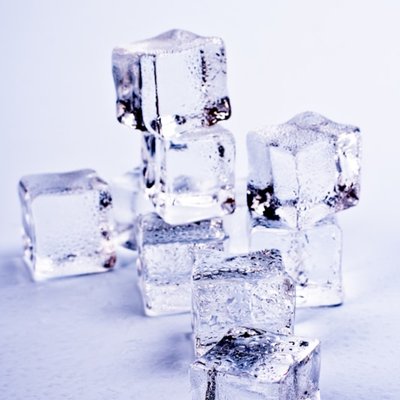- Dictionary
RELATED ARTICLES
el papá(
pah
-
pah
)A masculine noun is used with masculine articles and adjectives (e.g., el hombre guapo, el sol amarillo).
1. (colloquial) (relative)
A word or phrase that is commonly used in conversational speech (e.g., skinny, grandma).
A word or phrase that is commonly used in conversational speech (e.g., skinny, grandma).
Mi papá trabaja en un banco.My dad works at a bank.
b. daddy (colloquial)
A word or phrase that is commonly used in conversational speech (e.g., skinny, grandma).
Papá, ¿puedo tener una bici nueva?Daddy, can I have a new bike?
c. pop (colloquial) (United States)
A word or phrase that is commonly used in conversational speech (e.g., skinny, grandma).
Regionalism used in the United States
¡Oye, papá! ¿Me prestas las llaves del coche?Hey, Pop! Can I borrow the car keys?
Examples
Random Word
Roll the dice and learn a new word now!
Want to Learn Spanish?
Spanish learning for everyone. For free.



















